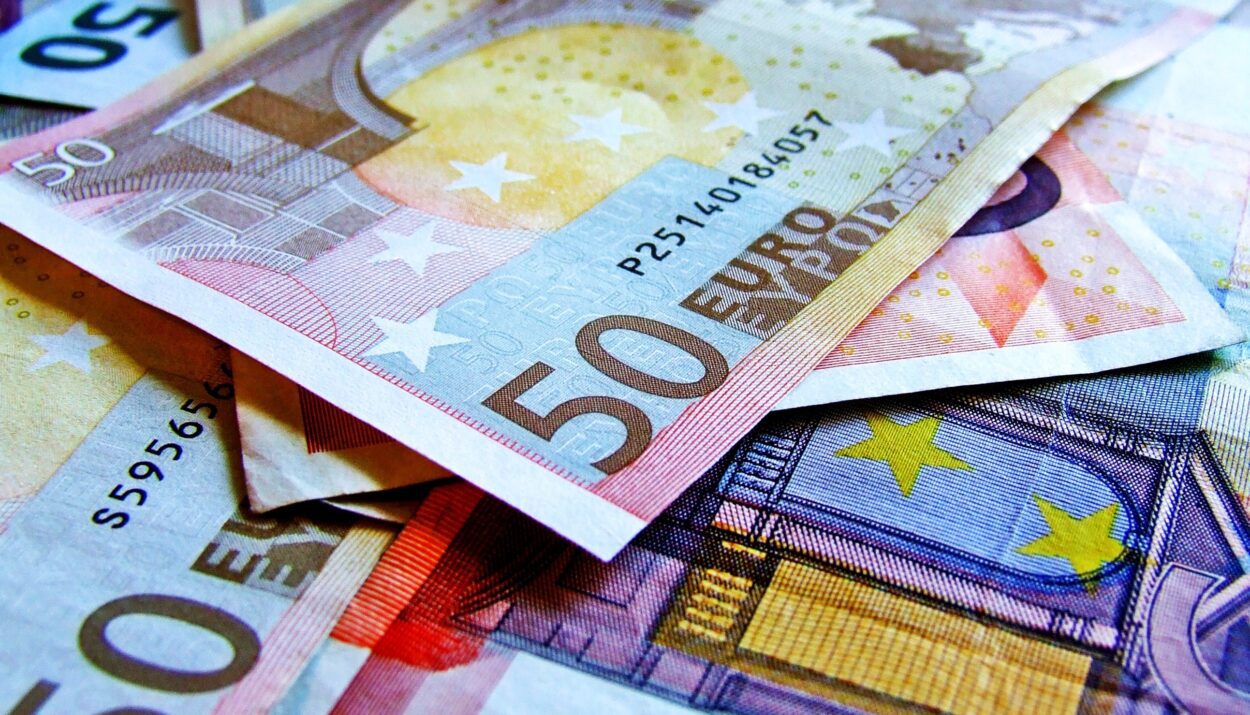The dollar struggled for direction on Wednesday, while the euro hovered near recent lows amid concerns that a new French government could weaken fiscal discipline. Sterling rose after stronger-than-expected British service inflation data.
U.S. markets are closed on Wednesday, likely leading to muted trading. The greenback dropped overnight due to lackluster U.S. retail sales, suggesting the Federal Reserve may cut rates sooner.
The euro rose 0.1% to $1.0746, recovering from a 1-1/2-month low. The yield gap between French and German government debt, a gauge of budget crisis risk in Europe, eased slightly but remained close to seven-year highs.
Marine Le Pen’s National Rally party indicated a potential for fiscal backtracking if it wins the July elections, while the European Central Bank may intervene to prevent disorderly yield spread widening.
The dollar index was flat at 105.20. Markets are pricing a 65% chance of a Fed rate cut in September, with 50 basis points of cuts expected this year.
Sterling rose 0.1% against the euro and 0.13% against the dollar. The Swiss Franc hit a seven-month high against the euro. The Australian dollar rose 0.29% against the U.S. dollar, aided by a hawkish Reserve Bank of Australia.
The yen remained stable, pressured by interest rate differentials between Japan and the U.S. Analysts expect slow monetary tightening by the Bank of Japan.










